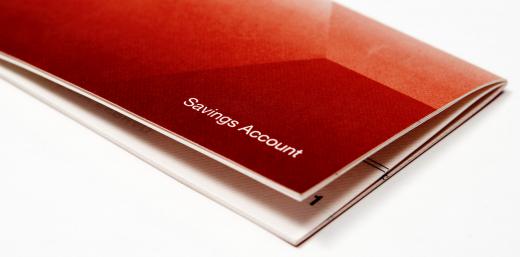Parents interested in sending their children to private schools have a number of different strategies they could employ when saving for private school fees. The best thing to do is to make that decision early, and begin saving before the child reaches school age. Even if that is not done, there are a number of ways in which parents, or others, can save for private school fees, including setting up special accounts.
Special savings accounts for educational expenses can be created in some cases. For example, in the United States, the Coverdell Education Savings Account is a popular option. Although the contributions into the account are not pre-tax, the earnings from those investments are not subject to any additional taxes. The condition to that is that the money must be used for a qualified educational expense, such as a private K-12 school. Total contributions can amount to $2,000 US Dollars (USD) per year.

Generally, a beneficiary must be named, and therefore born, before a Coverdell account can be created. Therefore, this type of account may be good from the moment of birth on but, for those parents wanting to start saving before the birth of a child for private school fees, there is a problem. While it may be possible to transfer some money into a Coverdell account later on, remember that the maximum per year that can be put into the account is $2,000 USD. Therefore, some other types of traditional savings accounts may be a better option before the birth of a child.

Understanding the situation and the schools available is also very important. Do research before the time comes to enroll. Ask the schools being considered what the charge is annually for private school fees, which not only includes tuition but materials fees as well, and what the average rate of increase, per year, has been. Then, determine how long the student may spend at that particular school to come up with a goal for savings. This money does not need to be saved entirely before enrolling, but it can help to save a significant portion of it.

Also remember to check with the state or jurisdiction the student will be attending. Some may have tuition grants or tax credits for private schools, which can help significantly cut down on the amount needed for savings. Check with the school, or with the state or local jurisdiction, for what types of supplemental assistance for private school fees might be available.
